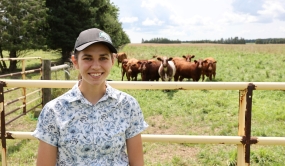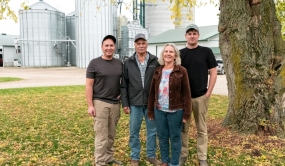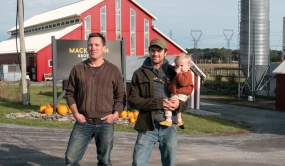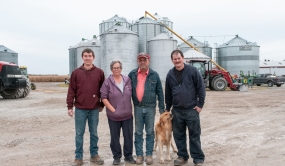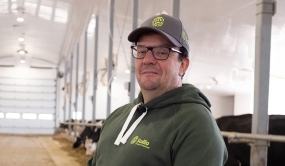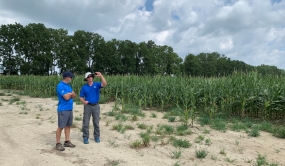
The COVID-19 crisis put an end to a lot of social and economic activities this past spring. Duty of prudence: The primary sites of infection had to be restricted and further progression had to be avoided by limiting unnecessary contacts. However, we can’t stop living; some basic activities need to be maintained, no matter what the circumstances are. Moreover, our governments have provided us with a precise definition of essential services in an effort to maintain a sense of continuity and to ensure that society runs smoothly.
In his bestselling book “En as-tu vraiment besoin?” [Do you really need it?], Pierre-Yves McSween encouraged Quebeckers to examine their consumption patterns: Does such and such product or service meet a true need or is it more of an accessory desire? – pleasant, indeed, but unnecessary! That’s the kind of question our governments had to deal with at the beginning of this pandemic to determine which organisations would be allowed to maintain their activities. Their response emphasized the relevance of cooperatives in the world economy. All of our cooperatives, whether they are financial, agri-food, funeral or health-related, were all afforded the status of essential service.
This was not by coincidence: cooperatives are not unnecessary, nor superfluous.
Remember that the cooperative mission is to meet a need. In fact, they were borne of the will of the people who use them, who seek to meet a need they all have in common. Other businesses are busy developing, with the help of huge marketing campaigns, the irresistible desire to have, to buy, to consume.
These businesses try to create a need and stimulate demand for a product that, in the end, doesn’t really improve our quality of life.
Meeting a need. Creating a need. The different is immense! It is the creation of new needs that leads, ever so cunningly, to overconsumption, and whose negative impacts are well-known and well-documented. We can pride ourselves on the essential and justified contribution of cooperatives.
But there is so much more. The critical situation we are struggling to come out of allows us to solidly reposition the cooperative model by setting forth its undisputed reliability. Just like an insurance policy, cooperatives are there in good times and bad. Long-lasting, resilient and deeply rooted in their communities, they are at the forefront of this sovereign action and production that we all wish to see in times of crisis.
In the March 29th issue of the newspaper Le Devoir, Simon Langlois, a retired professor from Université Laval, wrote: “The world sanitary crisis will remind nations of the importance of maintaining a grip on their own destiny”. It is precisely with the idea of autonomy that, at the peak of the industrial revolution, the idea of a democratic business controlled by its users first emerged.
These were troubled times for England and it became more and more difficult for a lot of people to find enough to eat. Food, often of dubious quality, was sold at excessively high prices and transparency was not a term associated with prevailing market conditions. It is by joining together and organising within cooperatives that communities were able, as a group, to gain a little more control over their destiny. It’s no surprise that the first cooperative, founded in 1844, was borne from the most basic of need: Food. Nowadays, cooperatives from the agri-food sector are active in almost every country of the world. They provide security and stability for billions of people.
Vincent Bontems, philosopher and researcher with the Commissariat à l’énergie atomique et aux énergies alternatives (France), recently stated: “The current interlude gives the impression of a breach in the cycle and an opportunity to break down what is useful to society and what is not.” Clearly, cooperatives have successfully passed the useful test, and with the renewed desire of its members they will be here for a long time to come.

